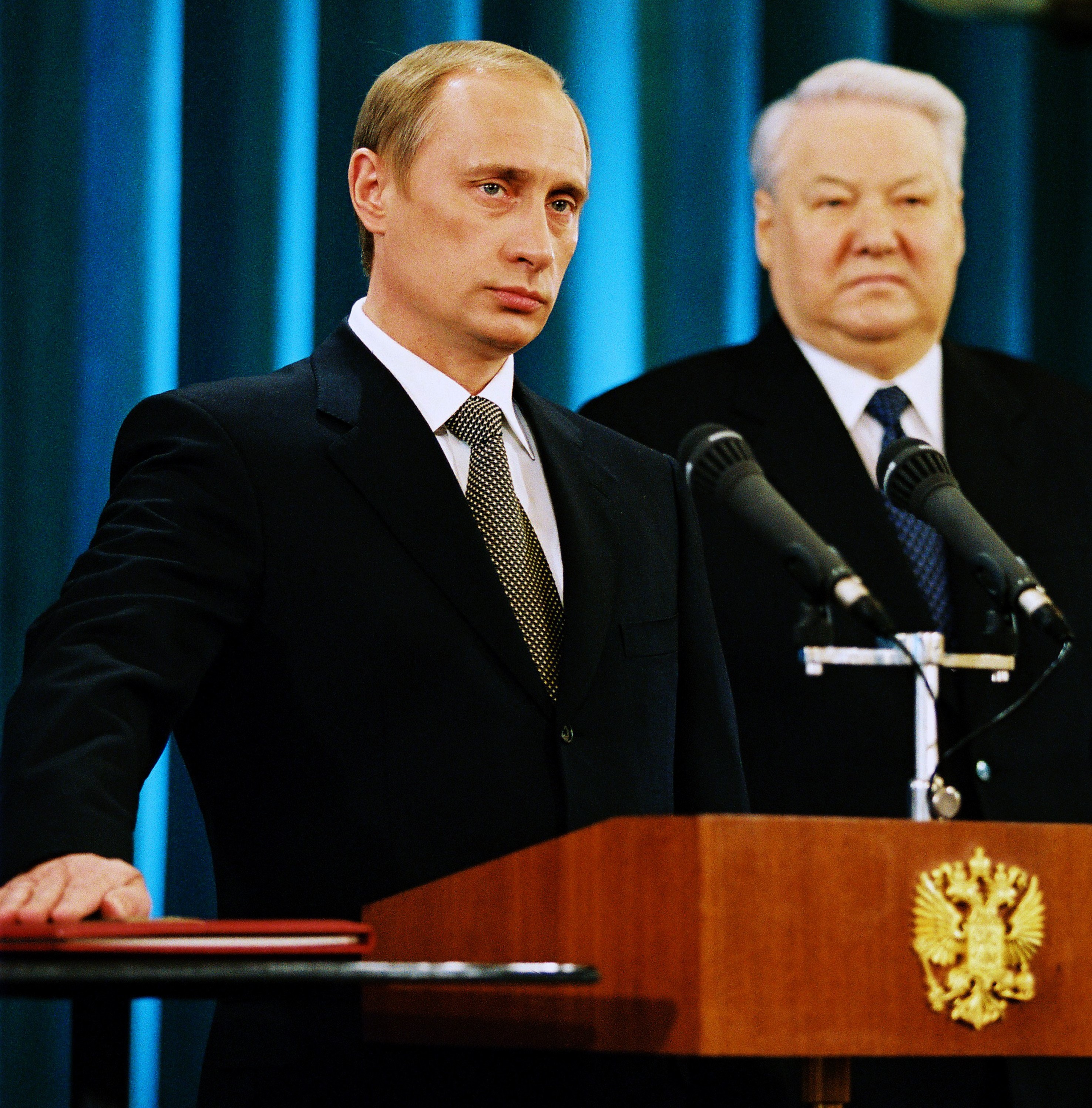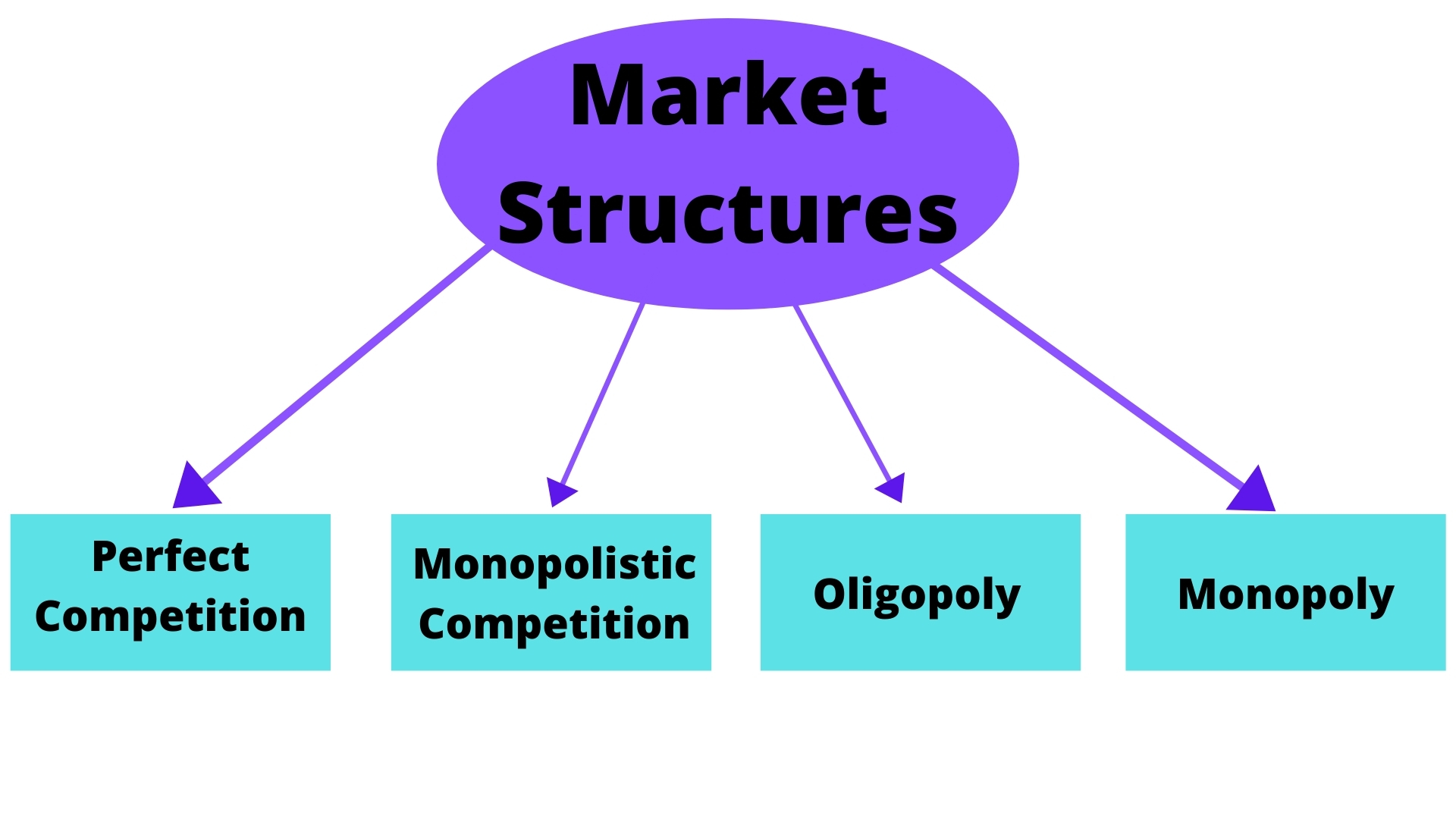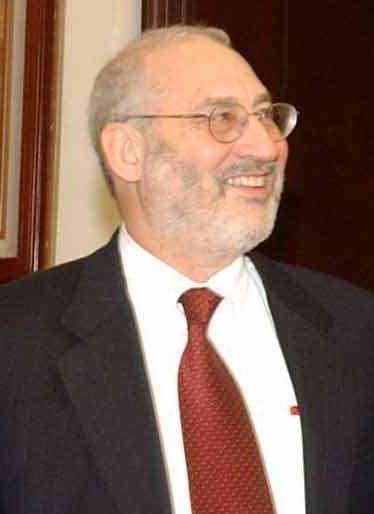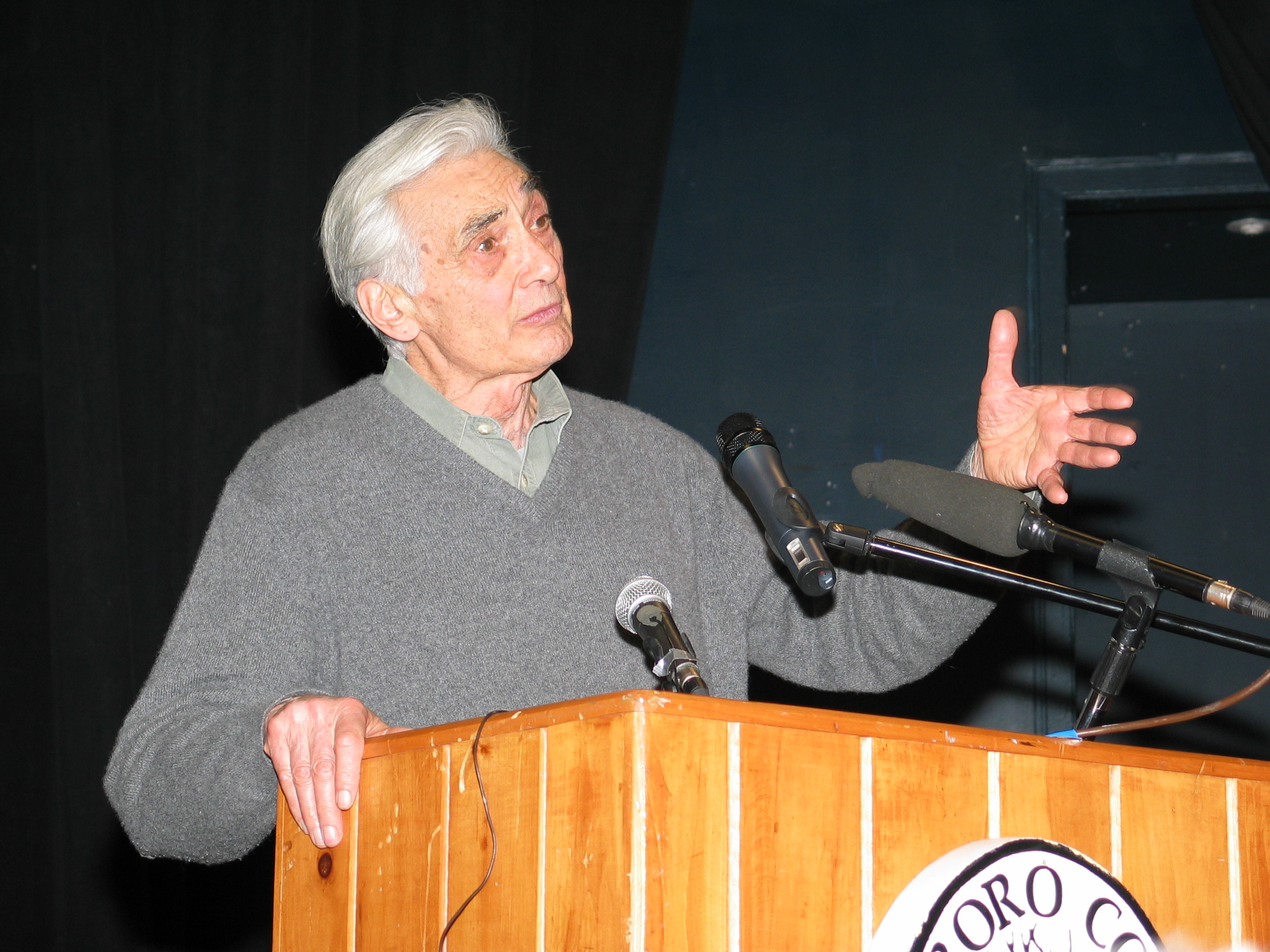|
Corporatocracy
Corporatocracy or corpocracy is an economic, political and judicial system controlled or influenced by business corporations or corporate Interest group, interests. The concept has been used in explanations of bank bailouts, excessive pay for Chief Executive Officer, CEOs, and the exploitation of national treasuries, people, and Exploitation of natural resources, natural resources. It has been used by critics of globalization, sometimes in conjunction with criticism of the World Bank or unfair lending practices, as well as criticism of free trade agreements. Corporate rule is Evil corporation, also a common theme in dystopian science-fiction media. Forms of corporatocracy Corporatocracy can manifest in different forms, varying according to the degree of involvement of corporations in the political and social sphere, for example: *Crony capitalism, in which corporations obtain favors and privileges from the state in exchange for funding or political support; *Connivance capit ... [...More Info...] [...Related Items...] OR: [Wikipedia] [Google] [Baidu] |
Corporatism
Corporatism is an ideology and political system of interest representation and policymaking whereby Corporate group (sociology), corporate groups, such as agricultural, labour, military, business, scientific, or guild associations, come together and negotiate contracts or policy (collective bargaining) on the basis of their common interests. The term is derived from the Latin ''corpus'', or "body". Corporatism does not refer to a political system dominated by large business interests, even though the latter are commonly referred to as "corporations" in modern American vernacular and legal parlance. Instead, the correct term for that theoretical system would be corporatocracy. The terms "corporatocracy" and "corporatism" are often confused due to their similar names and to the use of corporations as organs of the state. Corporatism developed during the 1850s in response to the rise of classical liberalism and Marxism, and advocated cooperation between the classes instead of ... [...More Info...] [...Related Items...] OR: [Wikipedia] [Google] [Baidu] |
Crony Capitalism
Crony capitalism, sometimes also called simply cronyism, is a pejorative term used in political discourse to describe a situation in which businesses profit from a close relationship with state power, either through an anti-competitive regulatory environment, direct government largesse, or corruption. Examples given for crony capitalism include obtainment of permits, government grants, tax breaks, or other undue influence from businesses over the state's deployment of public goods, for example, mining concessions for primary commodities or contracts for public works. In other words, it is used to describe a situation where businesses thrive not as a result of free enterprise, but rather collusion between a business class and the political class. Wealth is then accumulated not merely by making a profit in the market, but through profiteering by rent seeking using this monopoly or oligopoly. Entrepreneurship and innovative practices that seek to reward risk are stifled sin ... [...More Info...] [...Related Items...] OR: [Wikipedia] [Google] [Baidu] |
Authoritarian Capitalism
Authoritarian capitalism, or illiberal capitalism, is an economic system in which a capitalist market economy exists alongside an authoritarian government. Related to and overlapping with state capitalism, a system in which the state undertakes commercial activity, authoritarian capitalism combines private property and the functioning of market forces with restrictions on dissent, complete lack of freedom of speech or significant limits on it, and either a lack of elections or an electoral system with a single dominant political party. Countries commonly referred to as being authoritarian capitalist states include China since the economic reforms, Hungary under Viktor Orbán, Russia under Vladimir Putin, Chile under Augusto Pinochet, Peru under Alberto Fujimori, Singapore under Lee Kuan Yew and Turkey under Recep Tayyip Erdoğan as well as military dictatorships during the Cold War which were backed by the United States. Political scientists disagree on the long-run sustai ... [...More Info...] [...Related Items...] OR: [Wikipedia] [Google] [Baidu] |
Income Inequality In The United States
Income inequality has fluctuated considerably in the United States since measurements began around 1915, moving in an arc between peaks in the 1920s and 2000s, with a lower level of inequality from approximately 1950-1980 (a period named the Great Compression), followed by increasing inequality, in what has been coined as the Great Divergence (inequality), great divergence. The U.S. has the highest level of income inequality among its (post-industrialized) peers.United Press International (UPI), June 22, 2018"U.N. Report: With 40M in Poverty, U.S. Most Unequal Developed Nation"/ref> When measured for all households, U.S. income inequality is comparable to other developed countries before taxes and transfers, but is among the highest after taxes and transfers, meaning the U.S. shifts relatively less income from higher income households to lower income households. In 2016, average market income was $15,600 for the lowest Quantile, quintile and $280,300 for the highest quintile. ... [...More Info...] [...Related Items...] OR: [Wikipedia] [Google] [Baidu] |
Neoliberal
Neoliberalism is a political and economic ideology that advocates for free-market capitalism, which became dominant in policy-making from the late 20th century onward. The term has multiple, competing definitions, and is most often used pejoratively. In scholarly use, the term is often left undefined or used to describe a multitude of phenomena. However, it is primarily employed to delineate the societal transformation resulting from market-based reforms. Neoliberalism originated among European Liberalism, liberal scholars during the 1930s. It emerged as a response to the perceived decline in popularity of classical liberalism, which was seen as giving way to a social liberal desire to control markets. This shift in thinking was shaped by the Great Depression and manifested in policies designed to counter the volatility of free markets. One motivation for the development of policies designed to mitigate the volatility of capitalist free markets was a desire to avoid repeatin ... [...More Info...] [...Related Items...] OR: [Wikipedia] [Google] [Baidu] |
Antitrust
Competition law is the field of law that promotes or seeks to maintain market competition by regulating anti-competitive conduct by companies. Competition law is implemented through public and private enforcement. It is also known as antitrust law (or just antitrust), anti-monopoly law, and trade practices law; the act of pushing for antitrust measures or attacking monopolistic companies (known as Trust (business), trusts) is commonly known as trust busting. The history of competition law reaches back to the Roman Empire. The business practices of market traders, guilds and governments have always been subject to scrutiny, and sometimes severe sanctions. Since the 20th century, competition law has become global. The two largest and most influential systems of competition regulation are United States antitrust law and European Union competition law. National and regional competition authorities across the world have formed international support and enforcement networks. Modern co ... [...More Info...] [...Related Items...] OR: [Wikipedia] [Google] [Baidu] |
Market Power
In economics, market power refers to the ability of a theory of the firm, firm to influence the price at which it sells a product or service by manipulating either the supply or demand of the product or service to increase economic profit. In other words, market power occurs if a firm does not face a perfectly elastic demand curve and can set its price (P) above marginal cost (MC) without losing revenue. This indicates that the magnitude of market power is associated with the gap between P and MC at a firm's profit maximising level of output. The size of the gap, which encapsulates the firm's level of market dominance, is determined by the residual demand curve's form. A steeper reverse demand indicates higher earnings and more dominance in the market. Such propensities contradict Perfect competition, perfectly competitive markets, where market participants have no market power, P = MC and firms earn zero economic profit. Market participants in perfectly competitive markets are cons ... [...More Info...] [...Related Items...] OR: [Wikipedia] [Google] [Baidu] |
Joseph Stiglitz
Joseph Eugene Stiglitz (; born February 9, 1943) is an American New Keynesian economist, a public policy analyst, political activist, and a professor at Columbia University. He is a recipient of the Nobel Memorial Prize in Economic Sciences (2001) and the John Bates Clark Medal (1979). He is a former senior vice president and chief economist of the World Bank. He is also a former member and chairman of the U.S. Council of Economic Advisers. He is known for his support for the Georgist public finance theory and for his critical view of the management of globalization, of ''laissez-faire'' economists (whom he calls " free-market fundamentalists"), and of international institutions such as the International Monetary Fund and the World Bank. In 2000, Stiglitz founded the Initiative for Policy Dialogue (IPD), a think tank on international development based at Columbia University. He has been a member of the Columbia faculty since 2001 and received the university's highest academ ... [...More Info...] [...Related Items...] OR: [Wikipedia] [Google] [Baidu] |
Karl Marx
Karl Marx (; 5 May 1818 – 14 March 1883) was a German philosopher, political theorist, economist, journalist, and revolutionary socialist. He is best-known for the 1848 pamphlet '' The Communist Manifesto'' (written with Friedrich Engels), and his three-volume (1867–1894), a critique of classical political economy which employs his theory of historical materialism in an analysis of capitalism, in the culmination of his life's work. Marx's ideas and their subsequent development, collectively known as Marxism, have had enormous influence. Born in Trier in the Kingdom of Prussia, Marx studied at the universities of Bonn and Berlin, and received a doctorate in philosophy from the University of Jena in 1841. A Young Hegelian, he was influenced by the philosophy of Georg Wilhelm Friedrich Hegel, and both critiqued and developed Hegel's ideas in works such as '' The German Ideology'' (written 1846) and the '' Grundrisse'' (written 1857–1858). While in Paris, Marx wrote ... [...More Info...] [...Related Items...] OR: [Wikipedia] [Google] [Baidu] |
Gilded Age
In History of the United States, United States history, the Gilded Age is the period from about the late 1870s to the late 1890s, which occurred between the Reconstruction era and the Progressive Era. It was named by 1920s historians after Mark Twain's 1873 novel ''The Gilded Age: A Tale of Today''. Historians saw late 19th-century economic expansion as a time of materialistic excesses marked by widespread political corruption. It was a time of rapid economic growth, especially in the Northern United States, Northern and Western United States, Western United States. As American wages grew much higher than those in Europe, especially for skilled workers, and Industrialisation, industrialization demanded an increasingly skilled labor force, the period saw an influx of millions of European immigrants. The rapid expansion of industrialization led to Real wages, real wage growth of 40% from 1860 to 1890 and spread across the increasing labor force. The average annual wage per indust ... [...More Info...] [...Related Items...] OR: [Wikipedia] [Google] [Baidu] |
Howard Zinn
Howard Zinn (August 24, 1922January 27, 2010) was an American historian and a veteran of World War II. He was chair of the history and social sciences department at Spelman College, and a political science professor at Boston University. Zinn wrote more than 20 books, including his best-selling and influential ''A People's History of the United States'' in 1980. In 2007, he published a version of it for younger readers, ''A Young People's History of the United States''. Zinn described himself as "something of an anarchist, something of a socialist. Maybe a democratic socialist." He wrote extensively about the civil rights movement, the Peace movement, anti-war movement and labor history of the United States. His memoir, ''You Can't Be Neutral on a Moving Train'' (Beacon Press, 1994), was also the title of a Howard Zinn: You Can't Be Neutral on a Moving Train, 2004 documentary about Zinn's life and work. Zinn died of a heart attack in 2010, at the age of 87. Early life Zinn wa ... [...More Info...] [...Related Items...] OR: [Wikipedia] [Google] [Baidu] |
Days Of Destruction, Days Of Revolt
''Days of Destruction, Days of Revolt'' is a 2012 illustrated non-fiction book authored by Chris Hedges and illustrated by Joe Sacco, chronicling life in poverty in different parts of the United States. Structure The book captures daily life in regions facing 'destruction or revolt', in five sections corresponding with different ecological sacrifice zones: # Days of Theft – Pine Ridge, South Dakota # Days of Siege – Camden, New Jersey # Days of Devastation – Welch, West Virginia # Days of Slavery – Immokalee, Florida # Days of Revolt – Liberty Square, New York City Interspersed with interviews from several individuals, as well as monographs that capture the devastation caused to people and the environment, the book investigates ramifications of unchecked post-industrial free market capitalism in the United States. Reception A review in ''The New York Times'' by Philipp Meyer was generally positive, and especially praised Sacco's illustrations and storytelling. Me ... [...More Info...] [...Related Items...] OR: [Wikipedia] [Google] [Baidu] |









